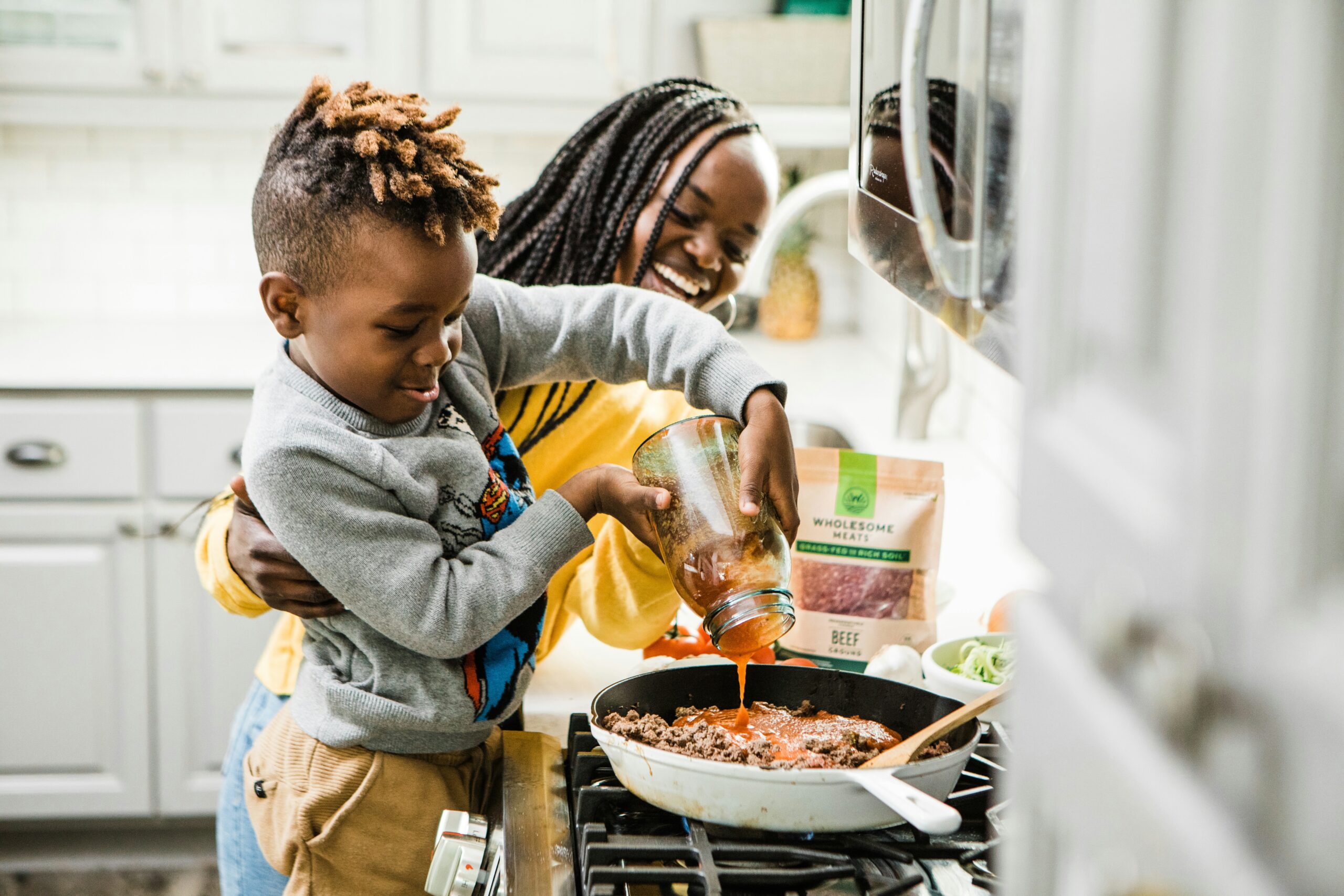When flour clouds the kitchen worktop and burnt biscuits emerge from the oven, many parents and foster carers might feel tempted to take over completely next time. However, these seemingly disastrous cooking moments actually represent some of the most valuable learning opportunities we can offer children, teaching resilience, problem-solving, and confidence in ways that perfectly executed recipes simply cannot achieve.
Building Resilience Through Kitchen Mishaps
Cooking failures provide children with a safe environment to experience disappointment and learn how to bounce back from setbacks. When a cake doesn’t rise or soup becomes too salty, children discover that mistakes are not catastrophic events but rather stepping stones towards improvement. This understanding becomes particularly crucial because it helps them develop the emotional tools they’ll need to handle larger challenges throughout their lives.
For foster carers, it’s especially important to approach these moments with extra sensitivity, since children in care may have experienced what they assume is failure in more serious contexts and could interpret cooking mistakes as personal inadequacies. Creating an atmosphere where experimentation is celebrated and mistakes are viewed as discoveries rather than failures helps build trust and demonstrates that this environment is genuinely safe for learning. This is wise whether you are an emergency foster parent, long-term foster carer, or even a respite care provider.
Developing Problem-Solving Skills
Kitchen disasters naturally encourage creative thinking and adaptability because children must figure out how to salvage their creations or understand what went wrong. When pancakes stick to the pan, children learn to adjust heat settings and add more oil, whilst over seasoned dishes teach them about balance and how small adjustments can make significant differences.
These problem-solving experiences are invaluable because they teach children that solutions exist for most problems, encouraging them to think critically rather than give up immediately. Foster children, who may have learned to expect things to go wrong, particularly benefit from these positive problem-solving experiences since they demonstrate that difficulties can be overcome with patience and creativity.
Creating Bonds Through Shared Struggles
Some of the strongest connections between adults and children form during moments of shared challenge rather than perfect success. Laughing together over a soufflé that resembles a pancake or working as a team to rescue an overly spicy curry creates memories that last far longer than any perfectly executed meal.
These bonding moments become especially meaningful for foster families because they help establish new traditions and positive associations with the home environment. When children feel supported through their mistakes rather than criticised, they begin to trust that this relationship can weather difficulties, which forms the foundation for deeper emotional connections.
Teaching a Growth Mindset
Cooking failures naturally illustrate the concept that abilities can be developed through practice and learning from mistakes. Children who burn toast one week and produce perfect golden slices the next experience firsthand evidence that improvement comes through persistence rather than innate talent.
This growth mindset becomes transformative because it shifts children’s focus from avoiding failure to embracing learning opportunities. For all children, but particularly those who may have experienced educational disruption or low confidence, cooking provides tangible proof that they can master new skills through practice and patience.
The kitchen, with all its potential for glorious disasters, remains one of the best classrooms for teaching life’s most important lessons about resilience, creativity, and growth.


great!!!